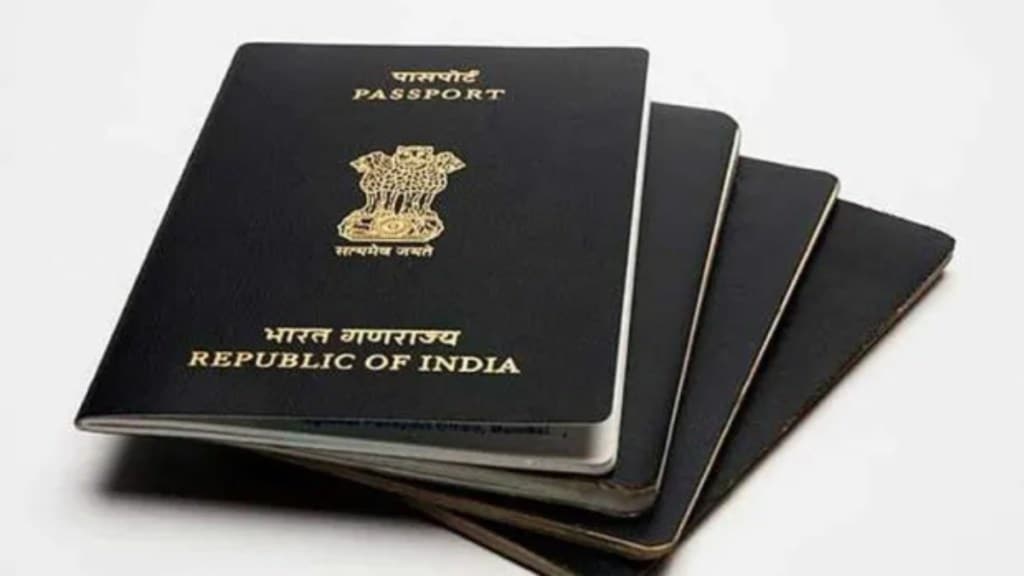Shorter queues, contactless gate checks and whatnot — the India has beckoned a new era of international travel by adopting chip-based biometric e-passports. Although the official rollout for the same under the Passport Seva Programme (PSP) 2.0, which launched on April 1, 2024, is already here, full-scale deployment is expected to be achieved by mid-2025.
With an aim to expedite immigration checks by getting rid of manual verification, prevent identity frauds and beef up border security, the Indian e-passports feature an antenna and a Radio Frequency Identification (RFID) chip.
It secures the passport holder’s personal data (including fingerprints, name, facial image, passport number and date of birth), while the data is protected by global security protocols like Basic Access Control (BAC), Passive Authentication (PA) and Extended Access Control (EAC).
The brand-new biometric advancement marks India’s addition to a pool of over 120 nations, including the United States and Canada, with e-passports. The distinctive gold colour symbol printed below the front cover bears the e-passport’s identity. As their foundation, Public Key Infrastructure safeguards personal and biometric data stored on the e-passport’s chip.
Where to get Indian e-passports?
Nagpur, Bhubaneswar, Jammu, Goa, Shimla, Raipur, Amritsar, Jaipur, Chennai, Hyderabad, Surat, and Ranchi are leading the charge on this front, as regional passport offices in these key cities are already equipped to issue e-passports. Further expansion is on the agenda for the coming months.
Tamil Nadu started issuing e-passports to Indian citizens on March 3, 2025, at the Regional Passport Office in Chennai. An Indian Express report indicated that a total of 20,729 e-passports were issued in the state by March 22, 2025.
As of now, those passport holders need not replace their existing ID with an e-passport, as these government-issued identity bearers will be valid till their expiry date.


